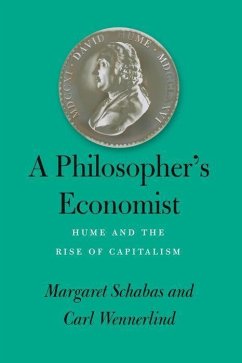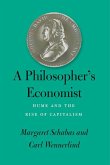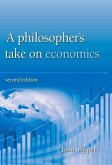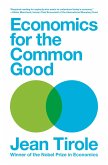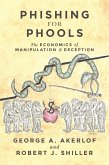"David Hume's contributions span every branch of human inquiry: ethics, epistemology, metaphysics, political philosophy, aesthetics, religion, and economics. While reams of scholarship have been devoted to Hume's thought, his work on economics is still relatively unexplored. In this book, philosopher Margaret Schabas and intellectual historian Carl Wennerlind provide the definitive account of Hume's "worldly philosophy." Hume, they show, was intent on getting out of the armchair and ensuring that his philosophy had practical implications-to subdue superstition, soften religious zealotry, and promote harmonious relations in modern society. Part of this endeavor involved material betterment, and Hume brought to his economic thought a richly astute understanding of human agency, of how our minds work and prompt our actions. The authors paint him as the quintessential proponent of liberalism and a dedicated supporter of commercial modernization. However, they note that he was not an unqualified enthusiast-he saw the potential of modern commerce to increase debt, fuel runaway inflation, and feed factionalism in political rule, for example, and he fretted over the potential for international conflicts to spiral out of control. Given Hume's friendship with Adam Smith, and his influence over nineteenth-century thinkers as prominent as Thomas Malthus, John Stuart Mill, and Karl Marx, a serious appraisal of this side of his oeuvre is long overdue. As two of Hume's closest readers, Schabas and Wennerlind offer just that in this delightfully wide-ranging exploration of the history of philosophy and modern economic thought"--
Hinweis: Dieser Artikel kann nur an eine deutsche Lieferadresse ausgeliefert werden.
Hinweis: Dieser Artikel kann nur an eine deutsche Lieferadresse ausgeliefert werden.

